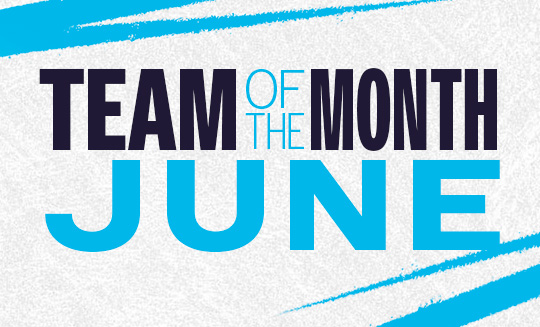PCA SUPPORT ILLICIT DRUGS PROGRAMME A new illicit drugs programme has been introduced in England and Wales developed by the PCA, ECB and First-Class Counties. The programme is distinct from the anti-doping policy and covers the use of what are sometimes termed recreational drugs such as cannabis and cocaine. In line with other major sports cricket has introduced a programme designed to ensure that its players are clean and the PCA has supported the introduction of compulsory tests. The programme aims to ensure that the PCA provide an appropriate duty of care to players. It identifies players who have drug-related issues and then provides support, advice and medical treatment if necessary. The tests are completely separate from those carried out by the anti-doping programme. They are controlled by the ECB but are carried out by an independent agency. Because of their importance, avoiding or refusing to provide a sample will be treated in the same way as a failed test. ” Players will be asked to give a hair sample from the head of which 3cm will be tested for a wide range of drugs,” said Jason Ratcliffe, the PCA assistant chief executive. ” Because drug traces stay in hair follicles for extended periods, analysis will reveal signs of drug use dating back three months from the date of the test ” If insufficient head hair is available then chest or arm pit hair can also be used. As this grows slower than hair on the head a history of up to three months per centimetre of hair will be revealed. ” The collection of the hair sample takes about 15 minutes and players may be tested in or out of season. On average they can be expect to be tested about twice a year but an important feature of the testing regime is its unpredictability.” In the event of a first positive test a player will be required to attend an interview with the ECB medical officer to determine any appropriate treatment and counselling. The player’s club doctor will also be involved but, unless the medical officer believes that health and well-being are at significant risk, no one else within your club will be told. Although the player can expect to receive follow-up tests looking for signs of continuing drug use. In the event of a second positive test the disciplinary process kicks in. At this point the player and his county CEO and the chief executive of the PCA will be informed. The player will be suspended for all cricket for 21 days and fined five per cent of his annual salary. He must also commit to a programme of education, counselling and treatment. If a third test is positive the player will be given at least a one year suspension from all cricket and failing a fourth test will invoke a three year ban. ” Doing drugs isn’t clever, there is a wealth of evidence that points to harm, not only to health but to athletic performance including slowing reaction times, damaging stamina and increasing susceptibility to injury,” Ratcliffe said. ” The reputational damage associated with being known a drug user is likely to seriously curtail employability both as a cricketer and beyond. ” Any addiction, whether drugs, alcohol or gambling can render a player vulnerable to the threat blackmail and may make them susceptible to approaches to those involved in illegal betting or match-fixing.” You can view the ECB Illicit Drugs Programme on the PCA website: https://www.thepca.co.uk/anti_doping_programme.html For more information contact David Leatherdale on 07990558681 or email dleatherdale@thepca.co.uk {{ak_sharing}}
By completing this form you consent to receive updates and promotions. Unsubscribe anytime. See our Privacy Policy for details.












